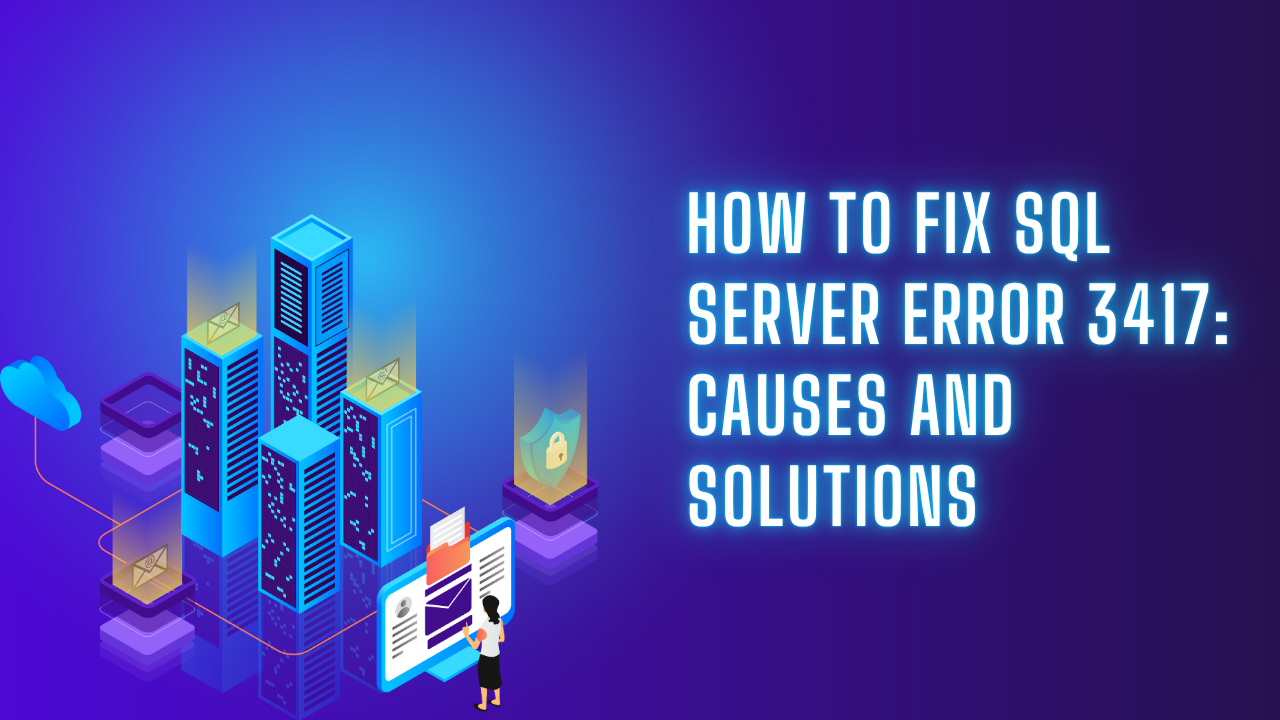What is Artificial Intelligence (AI)?
AI stands for Artificial Intelligence, which refers to the ability of machines or computer systems to perform tasks that typically require human-like intelligence, such as understanding natural language, recognizing objects in images, making decisions, and learning from experience.
AI involves the development of algorithms and computer programs that can analyze and interpret large amounts of data, recognize patterns and relationships, and make predictions or decisions based on that analysis. It can be classified into three types:
Narrow or Weak AI: This is the type of AI that is designed to perform specific tasks, such as facial recognition, language translation, or playing chess.
General AI: This refers to the development of machines that can perform any intellectual task that a human can, and can reason and learn in a human-like way.
Super AI: This is the hypothetical type of AI that would be more intelligent than humans and would have the ability to perform tasks beyond human capabilities.
AI is a rapidly evolving field that has the potential to revolutionize many industries, from healthcare to transportation to finance. As AI technology continues to advance, it is expected to have a major impact on the way we live and work in the future.
7 Best Programming Languages for AI Development
Artificial Intelligence (AI) development involves several programming languages, each with its own strengths and weaknesses.
Here are some of the best programming languages for AI development:
1. Python: Python is one of the most popular languages for AI development. It has a large and active community, extensive libraries, and a simple syntax that makes it easy to learn.
2. R: R is a language specifically designed for statistical computing and graphics. It is commonly used in data analysis and machine learning applications.
3. Java: Java is a widely used language for AI development due to its scalability, portability, and performance.
4. C++: C++ is a high-performance language that is commonly used in AI development for its speed and efficiency.
5. Julia: Julia is a relatively new language that was designed specifically for scientific computing, numerical analysis, and machine learning.
6. Lisp: Lisp is an old language that is still widely used in AI development due to its flexibility and support for symbolic programming.
7. Prolog: Prolog is a declarative language that is commonly used in AI development for its support of logic programming and rule-based systems.
The choice of programming language depends on several factors, including the specific AI application, project requirements, and the developer's expertise. It is important to choose a language that is well-suited for the task at hand and has a strong community for support and development.
Future of Artificial Intelligence
The future of Artificial Intelligence (AI) is expected to be both exciting and transformative, as AI technology continues to advance at a rapid pace.
Here are some key trends and predictions for the future of AI:
Continued growth and adoption: AI technology is expected to continue to grow and become more widespread in many industries, from healthcare to transportation to finance.
Increased automation: As AI becomes more advanced, it is expected to increasingly automate routine tasks, freeing up human workers to focus on higher-level tasks that require creativity and problem-solving skills.
Enhanced decision-making: AI is expected to play an increasingly important role in decision-making, as it can analyze vast amounts of data and identify patterns and insights that humans may miss.
Improved personalization: AI is already being used to provide personalized experiences in areas such as marketing, healthcare, and education. In the future, AI is expected to become even more sophisticated in its ability to understand and respond to individual needs and preferences.
Advancements in robotics: Robotics is expected to continue to advance, with AI-powered robots becoming more common in manufacturing, healthcare, and other industries.
Ethical concerns: As AI becomes more powerful, there are concerns about its impact on society and potential ethical issues, such as bias in algorithms and the impact on job displacement.
Overall, the future of AI is likely to be transformative, with the potential to revolutionize many aspects of our lives and drive significant economic growth and innovation. However, it is important to carefully consider the ethical implications of AI and ensure that its development is aligned with human values and goals.

















Post Comments